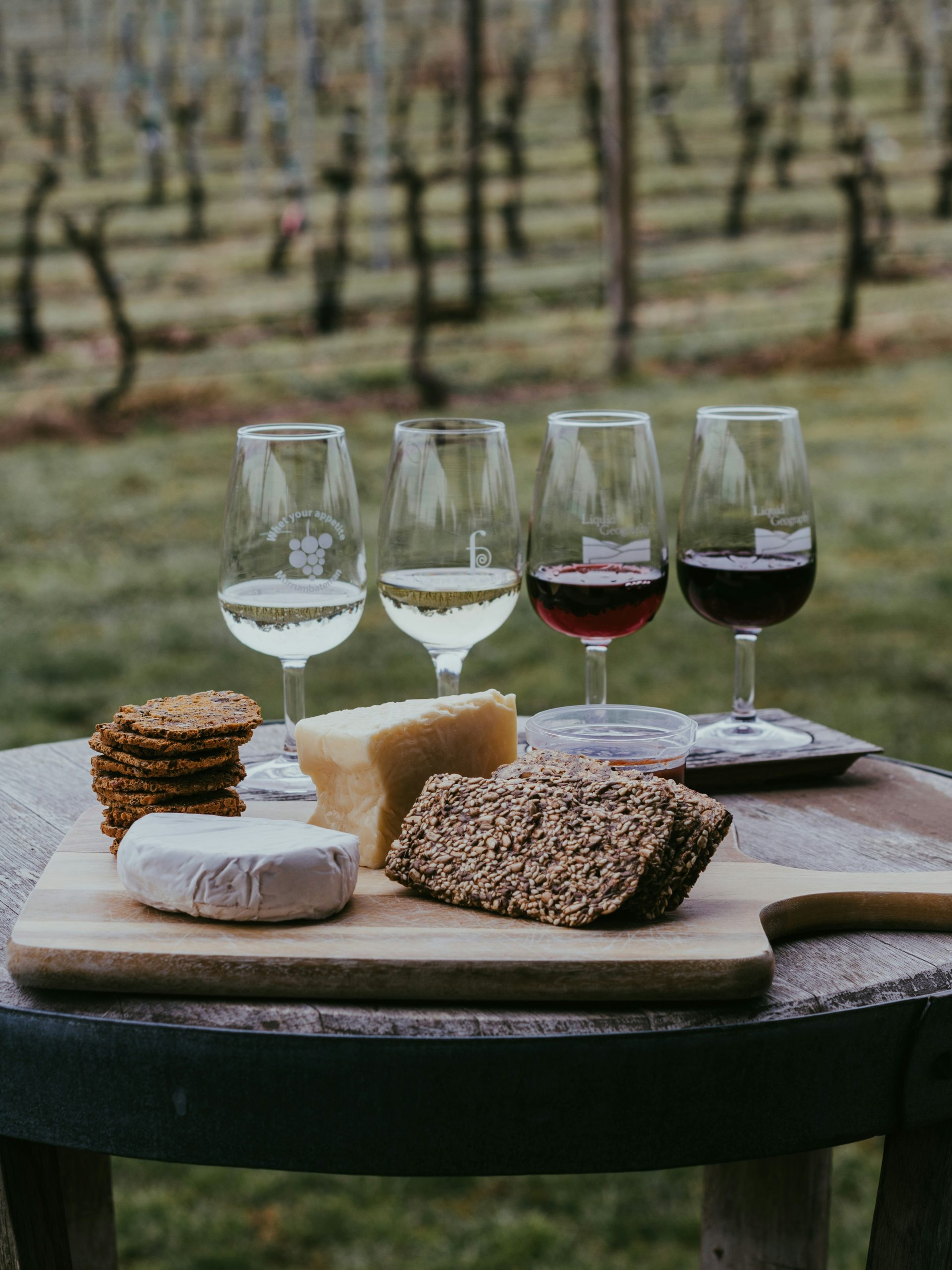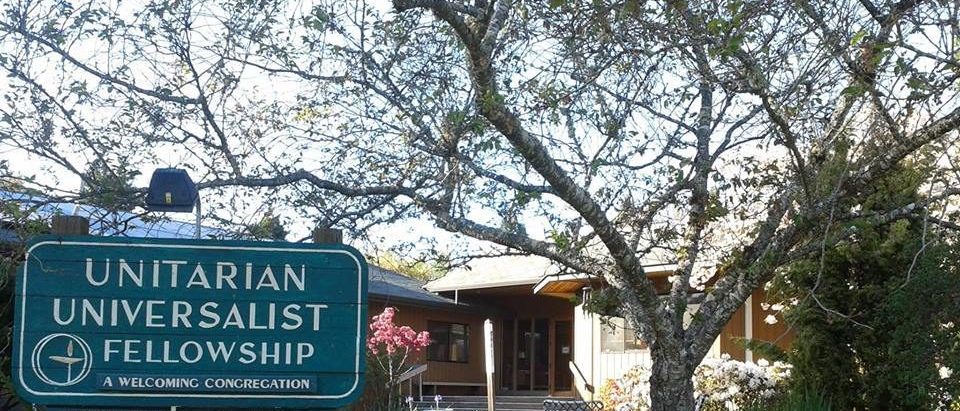Come Friday, October 25, it may be a foggy and/or drizzly day for a drive up the valley, but with the company of UUFC friends, we should all feel warm and happy.
This time we’ll go to NAMASTE Vineyard at 5600 Van Well Road in Dallas, OR. If you haven’t been before, they have a large, lovingly-restored barn with a huge fireplace.
They’re open from 11 – 5 daily and have a FIVE WINE FLIGHT ($25). They also offer wine by the glass, ciders, beer and non-alcoholic drinks. They offer small plates (fruit & cheese, meat & cheese, or large charcuterie board) and they’re fine with us bringing our own food.
Wine Passport holders have a BOGO wine flight option. For everyone else, the tasting cost is waived with the purchase of a $50 bottle of wine.
We’ll meet at 11:30 at the UU parking lot to begin our Friday foray. Try to be arrive timely so we can hit the road promptly.
Let Heather E know by WEDNESDAY Oct 23rd. If our party is 8+, she will give them a call.
Hope to see you then!










